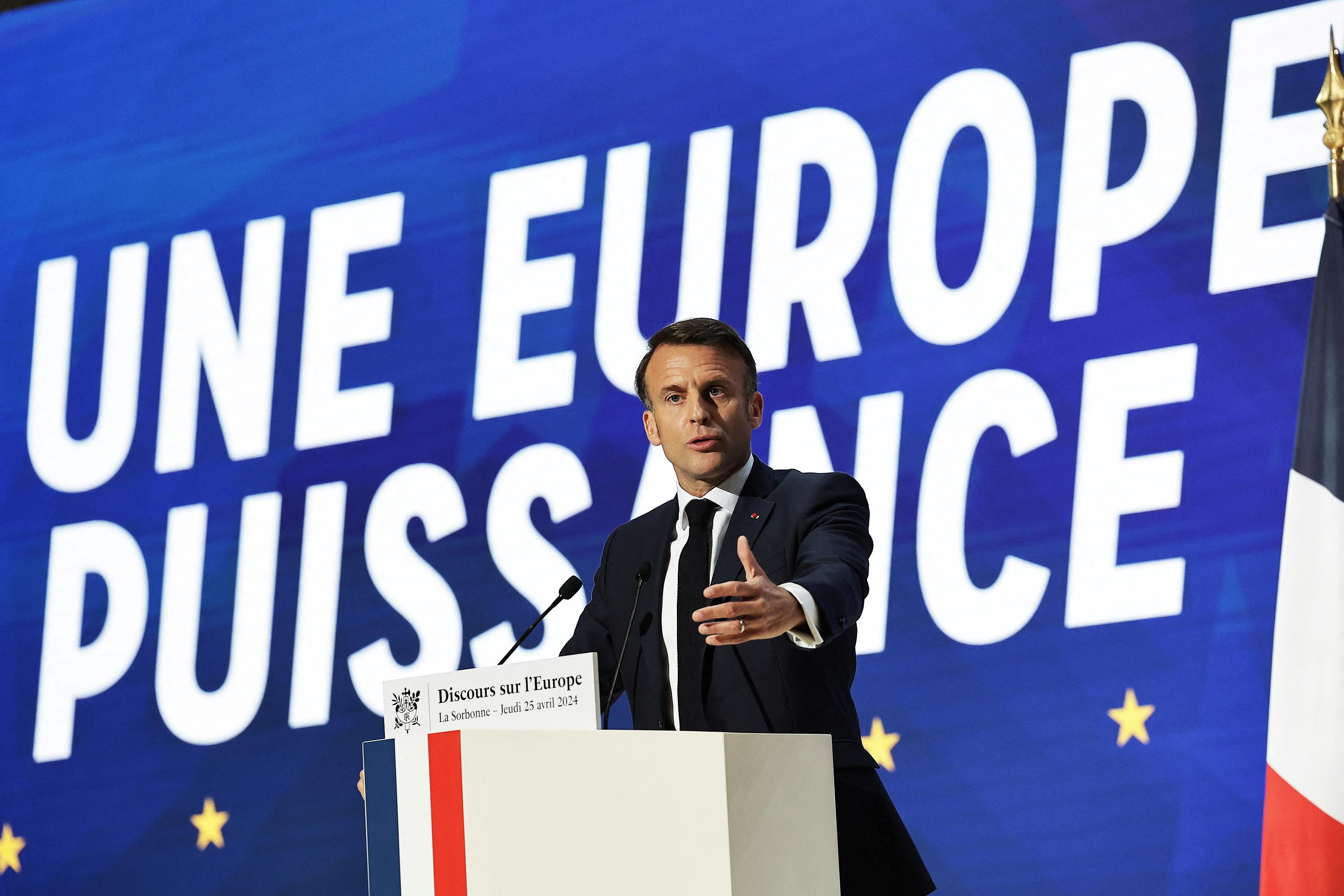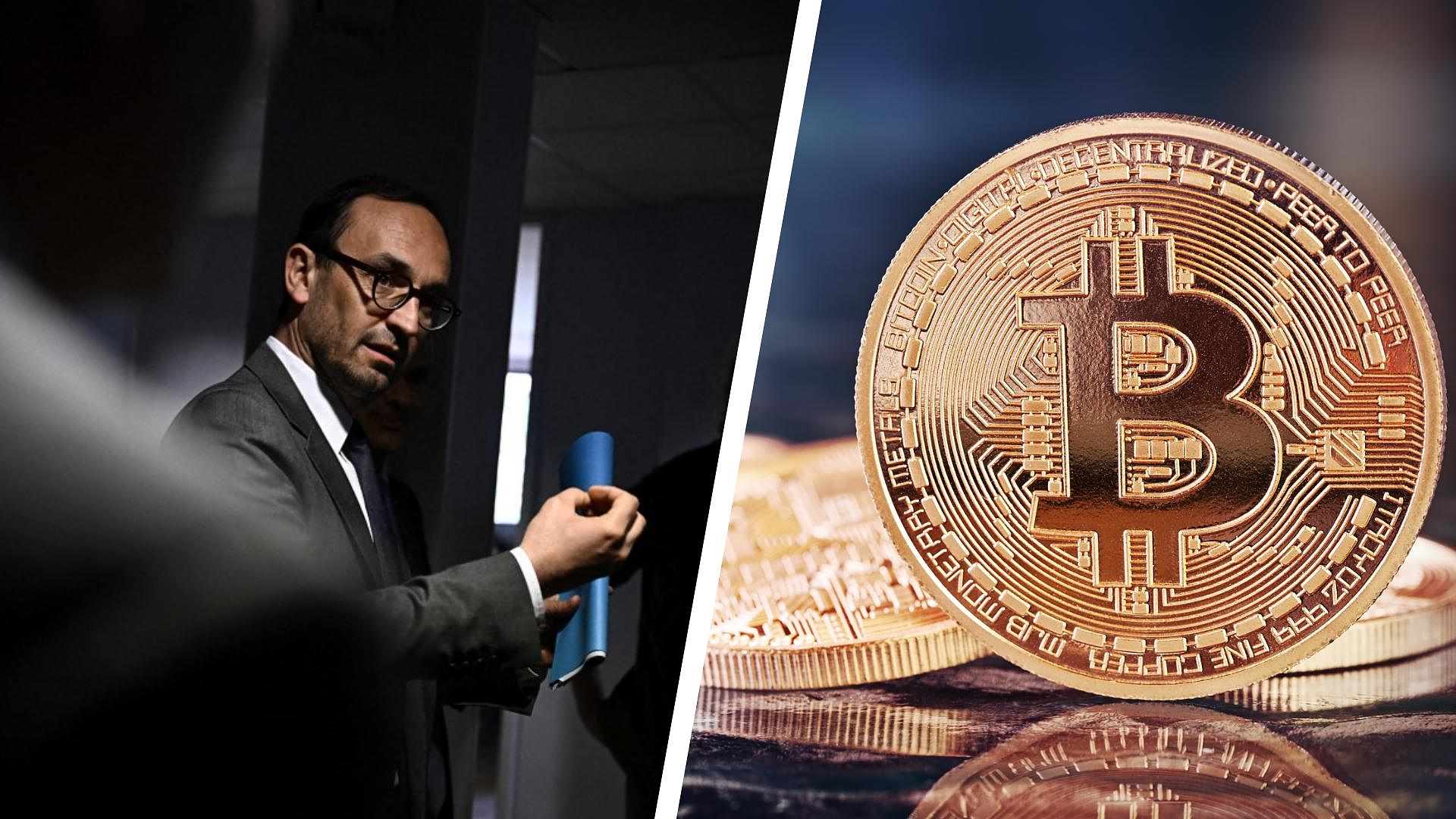Artificial intelligence (AI) is based on natural intelligence. But do we in Germany still have the courage to use our own understanding? Or do we leave innovation to the US and settle for regulation? The tech giants have not only been competing for pole position in this key technology since ChatGPT. Europe plays no role in the race, let alone Germany.
In this country, bureaucracy monsters and market interventions are part of the cherished customs. We are able to regulate technologies that we haven't even invented yet. Finely chiseled legal frameworks, including extensive implementing regulations, receive more attention than disruptive innovations, which are thus deprived of the breeding ground. In any case, we are currently producing significantly more paragraphs than ideas in the land of poets and thinkers.
But we should know better and think about the father of the social market economy: We need a Ludwig Erhard reloaded. Freedom and responsibility must still be the drivers of Germany's digital transformation today.
The individual should enjoy as much freedom as possible and at the same time assume responsibility. And as a state, we must protect the freedom of the individual and at the same time demand responsibility. Then it will also work with the disruption. In doing so, we are renewing the promise of “prosperity for all” in the digital age.
To do this, we have to let smart people do their work - like in the USA: For example, the 37-year-old Sam Altman, as CEO of Open AI, is the natural intelligence behind the AI chat software ChatGPT. For a while he studied computer science at the renowned Stanford University in Silicon Valley. Their motto is emblazoned in German on their official coat of arms: "The air of freedom blows". 132 years ago, the university founders were still referring to Humboldt's demand for freedom of teaching and learning from Prussia. Whether the German zeitgeist is still a good role model these days?
We also have digital economic prodigies in Germany: the Celonis founders Rinke, Klenk and Nominacher, the Personio team around Renner or the Flixbus boss Schwämmlein, to name just a few unicorn names. We need such digital transformers for our economic miracle 2.0 and also to be more resilient as a state in times of pandemics, wars and energy shortages. Change needs designers. But we also have to give our designers the freedom they need and not tie them down with over-standardization. Therefore regulation only with a sense of proportion.
The EU's efforts to make our international community a pioneer in trustworthy AI are to be welcomed. In order to play any role at all in the global race of technologies, we must see ourselves primarily as an innovation community, not as a regulatory community.
A study carried out in Bavaria, in which more than 100 concrete examples of AI applications from industry were considered, clearly shows that the current draft of the EU regulation on artificial intelligence is formulated by many start-ups as hostile to innovation, too risk-fixated and in places unclear viewed. It can't stay like this.
We therefore communicated the Bavarian position to the EU Commission at an early stage: The AI Ordinance must not become an impractical AI Prevention Act. In Erhard's sense, the state should only form the regulatory guidelines. This applies in particular to technology, otherwise we are only world champions in certifying technological approaches and not in innovating them, even with artificial intelligence.
That requires a culture change. It really needs a turning point. But not just the headline proclaimed by the Chancellor, but the actual will to implement it. We can still succeed in Germany.
In Bavaria, we have already shown how the state can create the framework and how each individual can use it: an independent digital ministry, a €3.5 billion high-tech agenda with 100 additional professorships just for AI, and massive infrastructure funding. That would also be necessary for the whole of Germany so that we become an innovation-friendly "federal disruption".
However, the traffic light also thwarts its own coalition agreement in terms of digital policy, which is headed “Dare to make more progress”. Instead of openness and determination, only hesitation and procrastination. Many cooks spoil the broth - many federal ministers with fragmented digital responsibilities spoil our future. Strict digital policy in the federal government? None! In terms of digital policy, the traffic light parties are even acting contrary to their own federal government, as was the case recently with the AI regulation. This not only worries me as Digital Minister, but also unsettles many in the country who actually believe in Germany as a location and see themselves slowed down.
Necessity is considered the father of transformation. Perhaps will is the mother of disruption. Germany must catch up again. We all have to ensure that ideas and innovations have better chances of being implemented in our country.
The author is a CSU politician, member of the Bavarian state parliament and Bavarian State Minister for Digital Affairs

 What is chloropicrin, the chemical agent that Washington accuses Moscow of using in Ukraine?
What is chloropicrin, the chemical agent that Washington accuses Moscow of using in Ukraine? Poland, big winner of European enlargement
Poland, big winner of European enlargement In Israel, step-by-step negotiations for a ceasefire in the Gaza Strip
In Israel, step-by-step negotiations for a ceasefire in the Gaza Strip BBVA ADRs fall almost 2% on Wall Street
BBVA ADRs fall almost 2% on Wall Street Breast cancer: less than one in two French women follow screening recommendations
Breast cancer: less than one in two French women follow screening recommendations “Dazzling” symptoms, 5,000 deaths per year, non-existent vaccine... What is Lassa fever, a case of which has been identified in Île-de-France?
“Dazzling” symptoms, 5,000 deaths per year, non-existent vaccine... What is Lassa fever, a case of which has been identified in Île-de-France? Sánchez cancels his agenda and considers resigning: "I need to stop and reflect"
Sánchez cancels his agenda and considers resigning: "I need to stop and reflect" The Federal Committee of the PSOE interrupts the event to take to the streets with the militants
The Federal Committee of the PSOE interrupts the event to take to the streets with the militants The growth gap between Europe and the United States will narrow in 2025
The growth gap between Europe and the United States will narrow in 2025 A report recommends the creation of a “riot fund” to cover communities
A report recommends the creation of a “riot fund” to cover communities With 3.5 billion euros collected, life insurance recorded its best month in 10 years in March
With 3.5 billion euros collected, life insurance recorded its best month in 10 years in March Volvic factory shut down after “an act of malicious intent”: production can resume “at the earliest” on Friday
Volvic factory shut down after “an act of malicious intent”: production can resume “at the earliest” on Friday Jean Reno publishes his first novel Emma on May 16
Jean Reno publishes his first novel Emma on May 16 Cannes Film Festival: Meryl Streep awarded an honorary Palme d’Or
Cannes Film Festival: Meryl Streep awarded an honorary Palme d’Or With A Little Something Extra, Artus and his disabled actors do better than Intouchable on the first day
With A Little Something Extra, Artus and his disabled actors do better than Intouchable on the first day Madonna ends her world tour with a giant - and free - concert in Copacabana
Madonna ends her world tour with a giant - and free - concert in Copacabana Omoda 7, another Chinese car that could be manufactured in Spain
Omoda 7, another Chinese car that could be manufactured in Spain BYD chooses CA Auto Bank as financial partner in Spain
BYD chooses CA Auto Bank as financial partner in Spain Tesla and Baidu sign key agreement to boost development of autonomous driving
Tesla and Baidu sign key agreement to boost development of autonomous driving Skoda Kodiaq 2024: a 'beast' plug-in hybrid SUV
Skoda Kodiaq 2024: a 'beast' plug-in hybrid SUV The home mortgage firm rises 3.8% in February and the average interest moderates to 3.33%
The home mortgage firm rises 3.8% in February and the average interest moderates to 3.33% This is how housing prices have changed in Spain in the last decade
This is how housing prices have changed in Spain in the last decade The home mortgage firm drops 10% in January and interest soars to 3.46%
The home mortgage firm drops 10% in January and interest soars to 3.46% The jewel of the Rocío de Nagüeles urbanization: a dream villa in Marbella
The jewel of the Rocío de Nagüeles urbanization: a dream villa in Marbella Europeans: a senior official on the National Rally list
Europeans: a senior official on the National Rally list Blockade of Sciences Po: the right denounces a “drift”, the government charges the rebels
Blockade of Sciences Po: the right denounces a “drift”, the government charges the rebels Even on a mission for NATO, the Charles-de-Gaulle remains under French control, Lecornu responds to Mélenchon
Even on a mission for NATO, the Charles-de-Gaulle remains under French control, Lecornu responds to Mélenchon “Deadly Europe”, “economic decline”, immigration… What to remember from Emmanuel Macron’s speech at the Sorbonne
“Deadly Europe”, “economic decline”, immigration… What to remember from Emmanuel Macron’s speech at the Sorbonne These French cities that will boycott the World Cup in Qatar
These French cities that will boycott the World Cup in Qatar NBA: the Pacers and the Knicks will be there in the play-off semi-finals
NBA: the Pacers and the Knicks will be there in the play-off semi-finals Tennis: like last year, Sabalenka joins Swiatek in the final in Madrid
Tennis: like last year, Sabalenka joins Swiatek in the final in Madrid OM: scorer against Bergamo, Mbemba moved after the final whistle
OM: scorer against Bergamo, Mbemba moved after the final whistle OM-Atalanta: the lines of the match
OM-Atalanta: the lines of the match


















